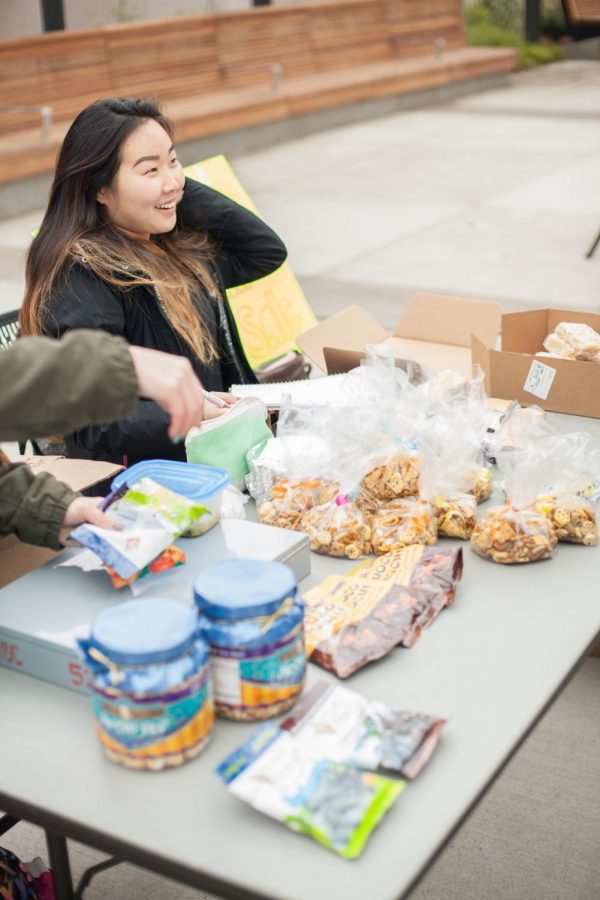Oregon State University celebrates HERstory Month
March 9, 2016
Celebrating Women’s HERstory Month with a variety events to educate and recognize women’s contributions to our society and highlight the discrimination that women still face today.
Having the play on words of “HERstory” instead of history is meant to call attention the fact that history has been written from a predominately male perspective, according to senior Adrianna Davis, a student leadership liaison for the Women’s Center.
“History in general is ‘HISstory’,” Davis said. “So ‘HERstory’ is not just focused on women’s voices but it’s also used as a way to tell the narratives of those whose histories have been erased.”
On the first of the month, events kicked off with a film screening of the documentary film “First Generation,” a film following first generation students, including women, on their journey as they attempt to be the first ones in their family to obtain a post-secondary education.
OSU’s second annual Women’s History Month dinner was held in the Memorial Union Ballroom on Monday. It included a formal dinner and featured keynote speak Carmen Suarez.
“We had a turnout of over a 100 people (…) It’s always nice when people come to your events, but it’s also cool that people are celebrating something that is usually just overlooked by most people.” Davis said.
Yesterday was International Women’s Day, and the Women’s Center hosted a brunch that had music playing, and the opportunity to make a pledge to equality for women around the world. In addition, six canvases, each with a letter to spell out the word “EQUITY”, were available for attendees to place a thumbprint on.
The last Women’s History Month event will be held on March 28, the first day back from spring break, and is called “Activism Through Spoken Word,”. The event will offer a space for OSU students, faculty and community members to come speak about anything that they see fit. There will also be a featured spoken word performance by Climbing PoeTree
“Spoken word is such a good outlet for activism,” Davis said.
Lauren Grant, a freshman in women’s studies, believes it is extremely important to celebrate Women’s History Month, considering that women haven’t always been celebrated in the past.
“I think that having a celebration month in honor of women reminds us of the silence that is been inflicted on women for so long now, as well as the prevalent need to change this masculine dominated system that we all live and operate in,” Grant said. “This month also allows us the opportunity to celebrate the women who have been effective in the movement; the women that have made a difference, and have acted as examples to all persons that women are just as capable as anyone else.”
Delfine DeFrank, junior in food science and technology also celebrates Women’s History Month and sees the need to not only recognize women in general, but those with other marginalized identities as well, such as minorities or trans men and women.
“I didn’t really know much about Women’s History Month until a couple years ago when I came here. Now I make an emphasis to recognize women in the media, arts or education,” DeFrank said. “I also think it’s important to highlight the intersectionality of feminism.”
Davis is happy with the turnout of this year’s Women’s HERstory Month events so far, but says that the movement could evolve even further.
“It’s unfortunate we have to stick out one month of the entire year to focus on that, but at least it’s happening, it’s a step,” Davis said. “Hopefully in the future it won’t be necessary because when you learn about history it will include narratives from all people.”











































































































